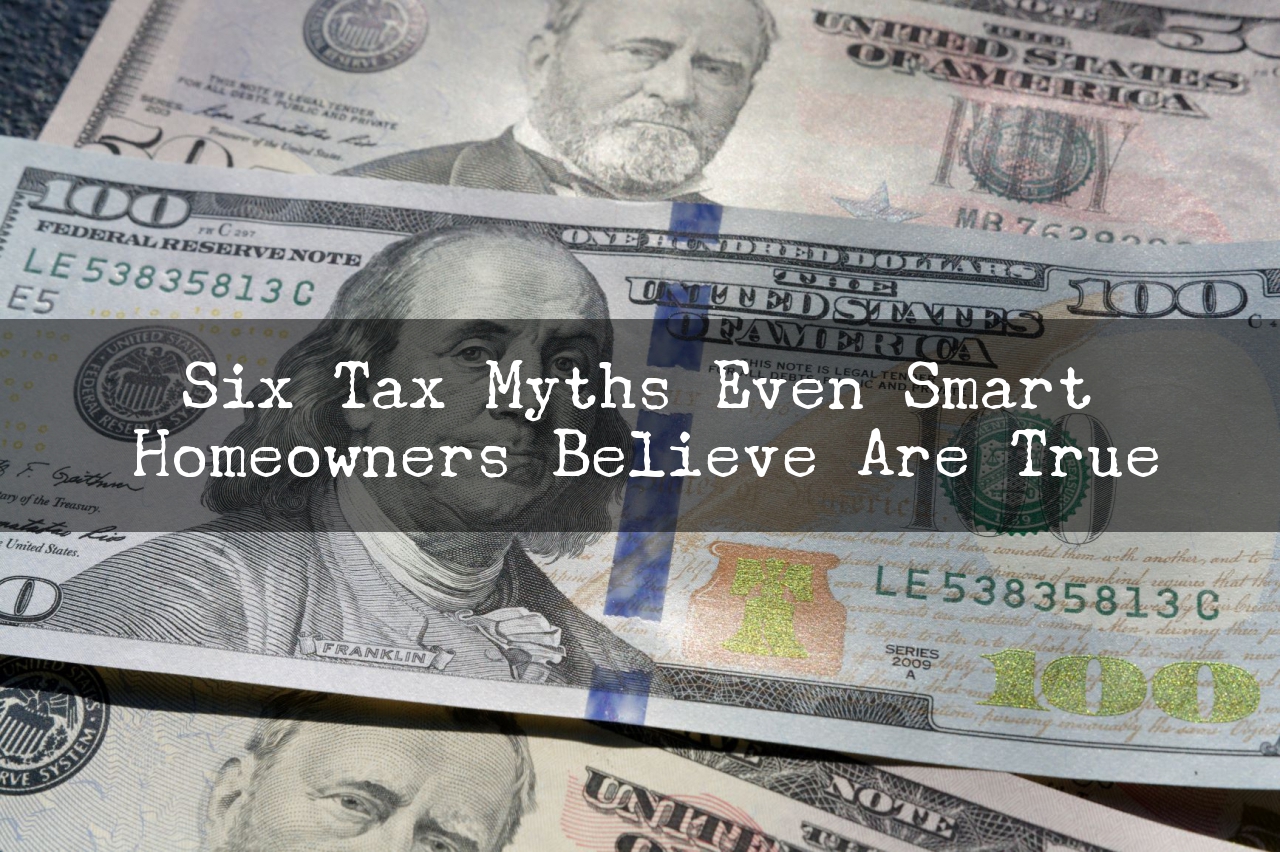Six Tax Myths Even Smart Homeowners Believe Are True
Taxes are confusing enough as it is—throw in the recent Tax Cuts and Jobs Act overhaul, and it's understandable if you're flummoxed. But fear not! With all the mayhem and misconceptions flying around this year now that the new tax code has taken effect, we're here to set the record straight by highlighting the top tax myths that might dupe even the financial Einsteins among us. So whether you want to enter this filing season with clear-eyed confidence or just test what you know, check out this list and ask yourself honestly: How many of these fake tax facts did you believe were true?
Tax myth No. 1: The mortgage interest deduction is gone
On the contrary, if you bought your home before Dec. 15, 2017, you're in luck: You are grandfathered in under the old tax laws and can still deduct all of the interest on loans of up to $1 million, says Tom Wheelwright, certified public accountant and CEO of WealthAbility.com.
And for those who bought a home after Dec. 15, 2017, or plan to in the future, it's not as bleak as many think. Mortgage interest is still deductible; it's just that the deductible amount is capped at $750,000.
Tax myth No. 2: Property tax deductions are gone, too
Nope! In the past, most taxpayers could deduct state, city, and property taxes in their entirety. Under the new tax plan, these taxes are still deductible. However, there's a cap of $10,000 per year, says Mario Costanz of Happy Tax.
In other words, property tax and mortgage interest deductions are far from gone—but one thing to consider is that the standard deduction nearly doubled—to $12,000 for single filers and $24,000 for married couples filing jointly. As such, it may not make sense for as many people to itemize their deductions unless it amounts to more than this high new bar.
Here's more info on how to tell whether you should take the itemized or standard deduction.
Tax myth No. 3: If you work from home, you can deduct a home office
Some people mistakenly think that anyone who fires up a laptop at the kitchen island has a “home office.” But to take a home office deduction, that area must not only be used regularly and exclusively for business, it also has to be the primary site of the business.
So if you turned a spare room into a dedicated workspace, you can claim it. But if you occasionally work in the living room, that’s not deductible, says Josh Zimmelman, owner of Westwood Tax & Consulting, a New York–based accounting firm with offices in Manhattan and Long Island.
Plus, things just got even stricter under the new tax codes...

